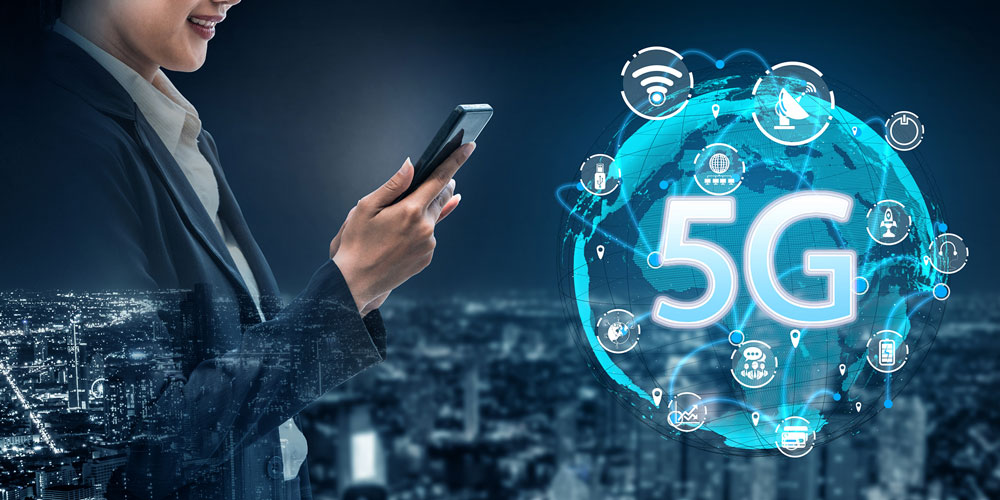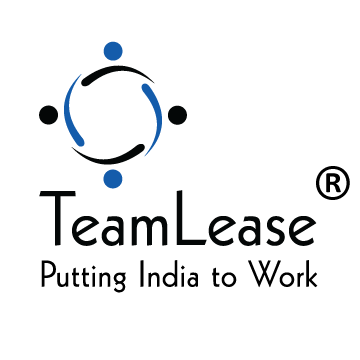How does 5g technology enhance the internet of things

The Internet of Things (IoT) is revolutionizing the way we interact with 5G technology and the world around us. IoT refers to the interconnection of various devices, sensors, and objects through the internet, allowing them to collect and exchange data.
How does 5g technology enhance the internet of things represents a groundbreaking advancement in the realm of connectivity and communication. 5G, the fifth generation of wireless technology, offers unprecedented speed, capacity, and reliability, while IoT interconnects billions of smart devices, sensors, and objects. The integration of these two transformative technologies unleashes a host of opportunities, revolutionizing industries, improving efficiency, and elevating the overall user experience. From smart home appliances to industrial machinery, IoT applications has the potential to transform industries, improve efficiency, and enhance our daily lives. However, as IoT adoption continues to expand, it also brings about significant implications on the job landscape. In this blog, we will explore the concept of IoT, its implications, and how it impacts the job market.
Understanding IoT and its Advantages
IoT is built on the idea of connecting everyday objects to the internet, enabling them to communicate and interact with each other autonomously. This interconnectedness offers several advantages:
Enhanced Efficiency: IoT devices can gather and analyze received data, leading to better decision-making and improved efficiency in various processes, from supply chain management to energy consumption.
Improved Safety and Monitoring: IoT-enabled devices can monitor and detect changes in their environment, promoting safer operations in industries like healthcare, transportation, and manufacturing.
Enhanced User Experience: IoT devices create a seamless user experience by automating tasks, predicting user preferences, and providing personalized services.
Cost Reduction: IoT can help organizations optimize resource utilization, reduce downtime, and minimize maintenance costs, leading to substantial savings. IoT can also extend battery life in devices through smart energy management.
Implications of IoT on the Job Market
5G: Powering the Next Generation of Transportation
The advent of 5G technology brings ultra-fast and reliable connectivity, enabling real-time communication and data exchange between vehicles, infrastructure, and pedestrians. With low latency and high data transfer speeds, 5G enhances IoT capabilities in mobility and safety, 5G accelerates the deployment of autonomous vehicles, advanced driver-assistance systems (ADAS), and smart traffic management. It is estimated that by 2025, 5G-enabled transportation will account for over 20% of all 5G and IoT device deployments, according to GSMA. The increased data transfer speeds allow devices to send and receive data with minimal delay, ensuring split-second decisions on the road.
Increased Demand for Technical Skills: As IoT adoption grows, there will be a higher demand for professionals with expertise in IoT development, data analytics, cybersecurity, cloud computing, and artificial intelligence. Companies will need skilled talent to design, develop, and manage IoT devices and networks.
Emergence of New Job Roles: The rise of IoT will create entirely new job roles and opportunities. We’re seeing new positions like IoT security specialists, connectivity experts, and 5G integration engineers. These roles are key to deploying and managing generation of cellular network technology systems.
Focus on Cybersecurity: With the increasing number of connected devices, the risk of cyber threats and data breaches also rises. Organisations will need cybersecurity experts to protect real-time data and their IoT networks as well as safeguard sensitive information.
Adaptation of Existing Roles: Existing job roles will also evolve to incorporate IoT skills and knowledge. Professionals in fields like manufacturing, logistics, and healthcare will need to upskill to leverage IoT technologies effectively.
Changing Skill Requirements: As IoT technologies advance, traditional job roles may require additional technical competencies. Employees will need to engage in continuous learning to remain competitive in the job market.
The Internet of Things is a transformative force redefining industries and everyday life. Paired with 5G networks, its potential multiplies. With faster data transfer, longer battery life, and seamless real-time data capabilities, 5G and IoT together are unlocking new frontiers—from smart homes and autonomous cars to next-gen healthcare and intelligent cities. Meanwhile, professionals must embrace the opportunities offered by IoT and invest in upskilling to stay relevant in a rapidly changing job market.
The report by TeamLease on 5G technology and the Internet of Things heralds a new era of connectivity and communication. 5G’s ultra-fast speeds, high capacity, and low latency empower IoT to thrive and revolutionize industries ranging from healthcare and manufacturing to transportation and smart cities. As 5G continues to roll out globally, the true potential of the IoT-5G partnership will unfold, creating a future where everything is interconnected, intelligent, and enabled to drive innovation and improve lives.
Latest Blogs
Apprenticeship India: A Guide to NAPS, NATS & Compliance
As India strengthens its workforce strategy, apprenticeship initiatives in India are gaining renewed relevance for employers across sectors. With skill gaps widening and compliance requirements...
Read MoreHow Apprenticeships in India Help Build Job-Ready Talent?
In a fast-evolving job market, businesses across India face a common challenge: finding candidates who are not just qualified on paper but ready to perform...
Read MoreStrategic Workforce Planning in India: Why Smart Talent Strategy is Important?
For years, strategic workforce planning in India was treated as a back-office exercise—something to be revisited when hiring pressure built up or attrition spiked. That...
Read MoreUnion Budget 2026–27 Decoded: What MSMEs and HR Leaders Need to Know
The Union Budget 2026-27, presented on 1 February 2026, signals a deliberate shift toward employment-centric growth, combining sectoral demand creation with long-term investments in skills,...
Read MoreNew Labour Codes: A Compliance Guide for Employers
India’s labour landscape has entered a historic transition with the notification of the four consolidated Labour Codes—the Code on Wages (2019), Industrial Relations Code (2020),...
Read More





